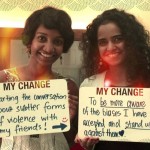by Delia Toh, Change Maker
If it were up to me to design a sexuality education class for students, I’d put “respect” on my list of learning objectives. I believe that if Singaporeans aren’t having quality relationships, it’s because we’ve not been taught to respect each other.
I was from a girls’ school, and I vividly remember our teacher telling us during health education classes not to dress in revealing clothes or go out late at night, among other things. Bearing in mind that the majority of rapes are committed by someone the victim knows, this advice is ineffective. What people really need to learn about is consent and respecting another person’s boundaries.
Here, I’ll debunk 4 myths about relationships and dating. However, instead of assuming how people of different genders are “wired” to behave, I will focus on ensuring individual respect
MYTH #1: Men are visual, women are emotional. Men give love to get sex, women give sex to get love. Men are X, women are Y. Stereotypes, stereotypes, stereotypes!
FACT: We ought to unlearn everything we’ve been taught about the “opposite” gender (and of course recognise the existence of other genders). Individuals should be recognised as people with their own desires that have nothing to do with their gender. One dangerous manifestation of these beliefs (that so many of my peers believe) is the misconception that “women only like bad boys, they don’t want nice guys”. Men like Julien Blanc (whose promotion of sexual assault as a “pick-up technique” has gotten him banned from several countries, including Singapore) believe in such harmful rhetoric, and encourage other men to dominate and abuse women to “attract” them.
MYTH #2: If a man persists in the pursuit of a woman who is not interested, she will eventually give in.
FACT: This is a dangerous variation of the assumption that “when a woman says ‘no’, she really means ‘yes’ or ‘convince me’”. The media tends to portray unwanted romantic pursuit as “sweet”, but in real life the experience can be downright scary for women as it may sometimes escalate into stalking or other potentially violent situations. We should remember that women are people with their own agency and they have a right to say no. They do not exist solely as romantic prizes to be won.
If she continuously rebuffs you, it’s a cue for you to move on. Only continue if she responds positively (i.e. gives consent).
MYTH #3: If he’s nasty to a woman, it means he likes her.
FACT: A woman has the right to be treated civilly. If someone else’s behavior is hurting her, then that someone needs to learn to express themselves in a healthy way. Insulting someone else is never “cute” and women are not obliged to feel flattered or complimented if it makes them uncomfortable. This applies to cat-calling and street harassment, too.
MYTH #4: Men are just being friendly when they harass women online and on the street. Women should not be annoyed by it.
FACT: Sometimes, the reason women are bothered by these unwanted interactions has nothing to do with the other party’s intentions, but rather how it makes them feel. I once had a guy add me on Facebook when I’d only met him once, but then he started looking through all my Facebook photos and commenting on the way I smiled and my weight, while saying I was too opinionated and that I could not swear. I don’t know what his intentions were, but I felt like he thought I existed purely for his gratification. I later blocked him. We are not obliged to give anyone our attention if we don’t want to just because we exist.
When we interact with our friends, we’re all aware of the social boundaries that we shouldn’t cross. We should also recognise these boundaries when interacting with women. We can all have better and safer relationships if we all treated each other with respect.
 About the author: Delia is a second year Chemical Engineering undergraduate at University College London. She has enjoyed blogging since her secondary school days. She would now like to move on from raving about school work to raising awareness through her writing. She strongly believes people are more different than similar, and that individuals ought to be valued for who they are inside.
About the author: Delia is a second year Chemical Engineering undergraduate at University College London. She has enjoyed blogging since her secondary school days. She would now like to move on from raving about school work to raising awareness through her writing. She strongly believes people are more different than similar, and that individuals ought to be valued for who they are inside.






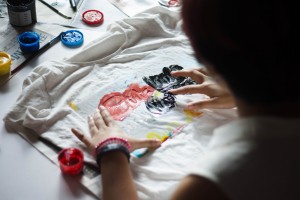












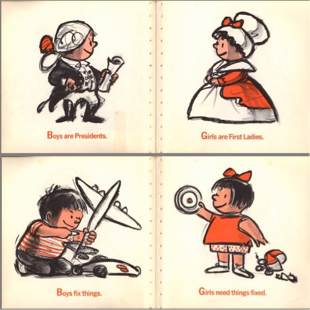







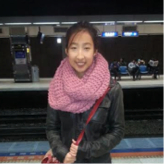
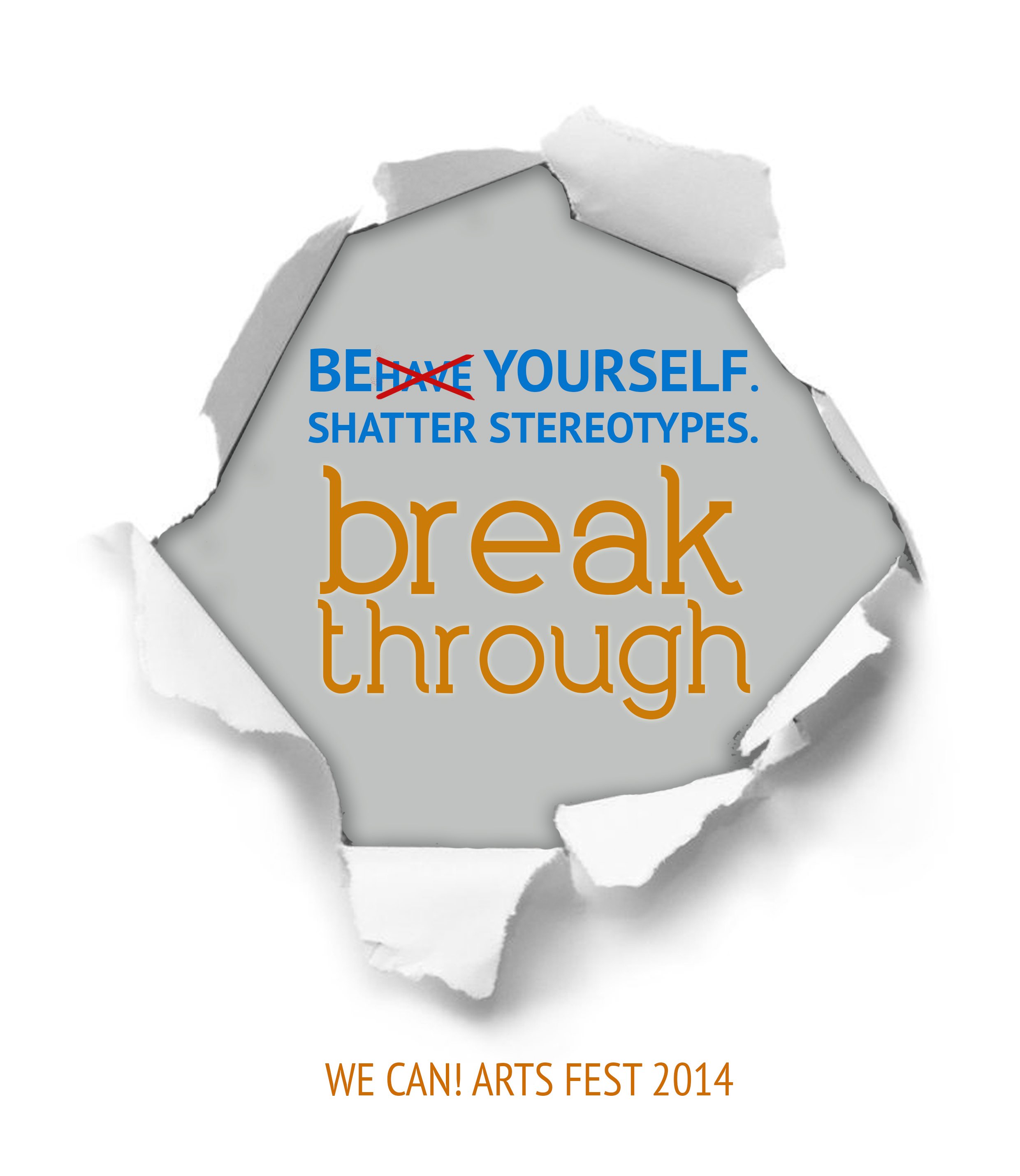


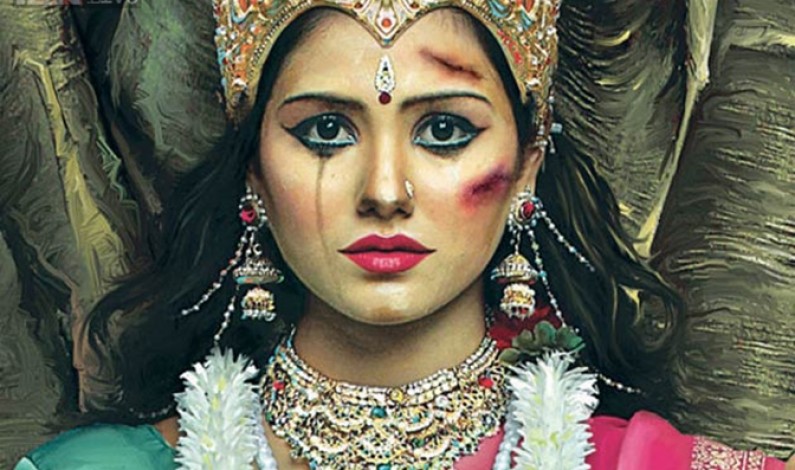
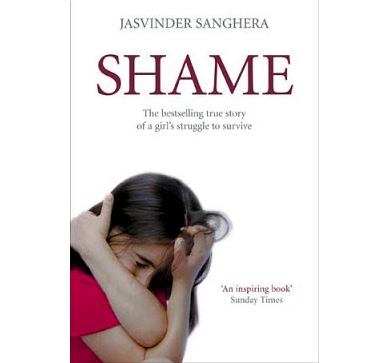 I just finished the book ’Shame’, which is about forced marriage, honour killings and domestic violence in the South Asian diaspora of Britain. The author is a Sikh woman from Derby who survived very brutal oppression and violence by her family and community, and has spent her life supporting and advocating for other South Asian women and girls in Britain, mostly of Pakistani origin, who’re affected by the same conditions she was in.
I just finished the book ’Shame’, which is about forced marriage, honour killings and domestic violence in the South Asian diaspora of Britain. The author is a Sikh woman from Derby who survived very brutal oppression and violence by her family and community, and has spent her life supporting and advocating for other South Asian women and girls in Britain, mostly of Pakistani origin, who’re affected by the same conditions she was in.